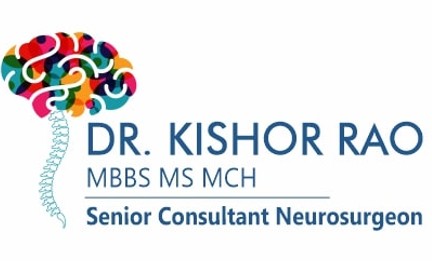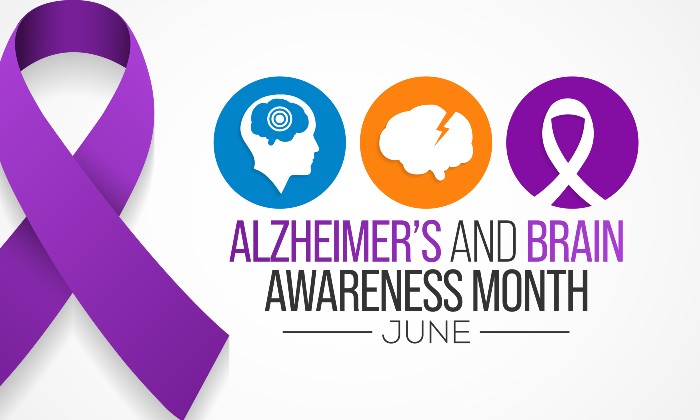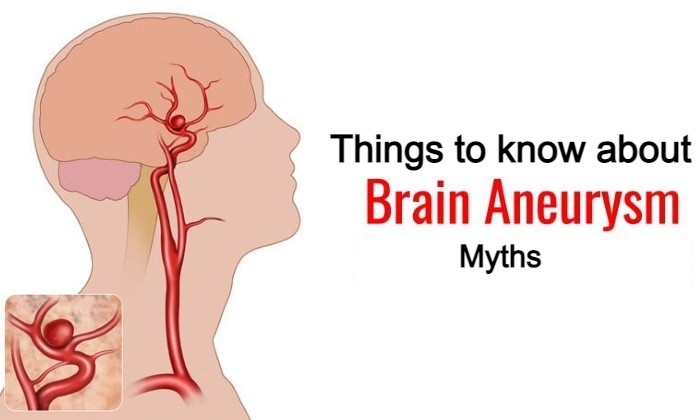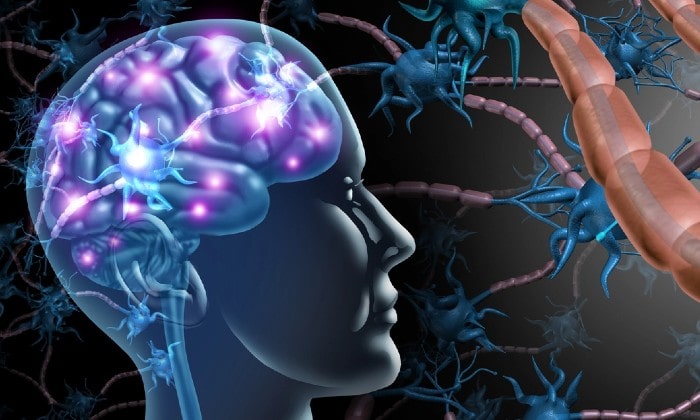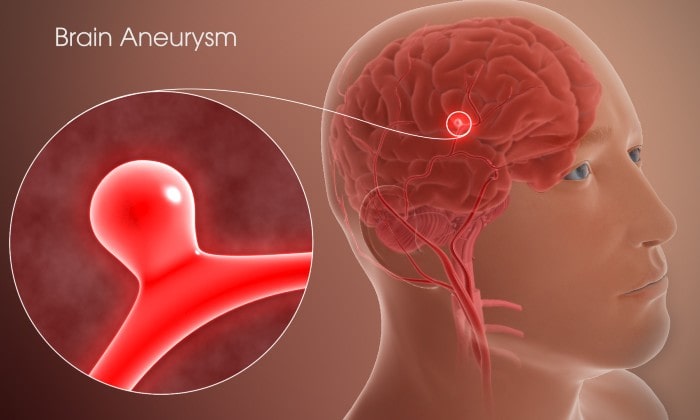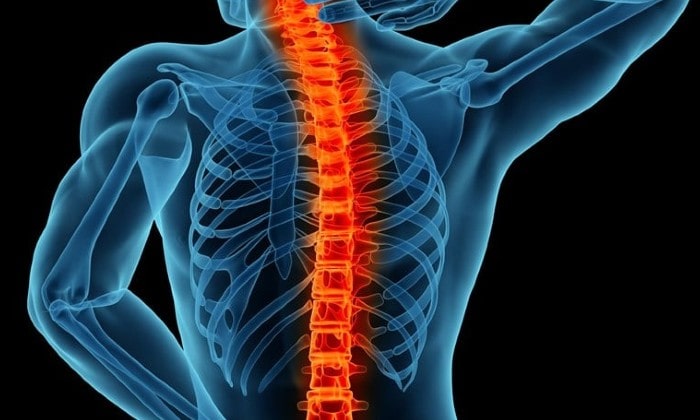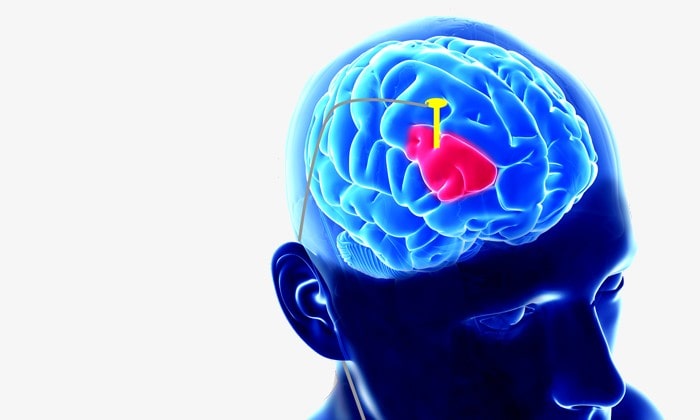Alzheimer’s And Brain Awareness Month
Alzheimer’s and Brain awareness month is celebrated in the month of June with the aim of creating awareness about Alzheimer’s disease (AD) and other forms of dementia among the general population. This month Alzheimer’s associations all over the world do various activities to support the Alzheimer’s patients and their caregivers, discuss the disease with the general public and encourage people to involve in recognising the disease and the types of care required by someone suffering from it.
Yeah! That's huge in numbers. Did you know that this "strength in numbers" is the raw material for your brain? If not, then pack your tools and get ready! Let us examine the intricate workings of the brain and delve into the new world named Alzheimer's disease this Alzheimer’s and brain awareness month 2023.
As we welcome you to our exceptional Alzheimer’s and Brain Awareness month Blog, prepare to ignite your mind for an intellectual journey to the absolute limits of neuroscience, unraveling the perplexing complexity of the brain and revealing the profound truths concealed therein. I bet your understanding of the human brain will be permanently revolutionized at the end of this journey.
Whether you are a carer looking for advice, a healthcare professional on the front lines, or simply someone curious about the fascinating region of the human brain, then this blog is a sanctuary of knowledge and hope. June is Alzheimer’s and brain awareness month. So, supporters, volunteers, health professionals, carers, and family gather every June month to raise Alzheimer's and brain awareness.
We think that by raising awareness and educating the public about Alzheimer's disease, we can eliminate the stigma associated with the disease and build a brighter future for those impacted by it. Within this digital page, we go on a mind-bending journey through the magnificent tapestry of Alzheimer's disease, a disorder that calls into question the very core of our humanity. We shall uncover the surprising secrets at the heart of this puzzling disorder as we travel the complex halls of memory and cognition.
Recognize The Common Signs And Symptoms
Only some senior citizens get cognitive checkups. When you visit a healthcare professional; it is important to remain informed about the signs and symptoms of Alzheimer's and other forms of dementia, such as,
- Memory lapses
- Issues acknowledging relatives and friends Item losing
- Difficulties with daily chores such as dressing
- Extraordinary emotional outbursts Poor decision-making and judgment
- Reading, writing, or communication issues
Although these symptoms do not always indicate Alzheimer's disease or dementia, it is necessary to utilize the month of June to examine your or a loved one's behavior.
Early Detection And Screening Get the Key to the brain!
Early identification of degenerative diseases can make or break intervention and treatment choices. When you or a loved one visits your primary care physician, mention concerns about changing behavior, memory loss, or concentration lapses. Your primary care doctor may be able to ask some preliminary questions to determine whether you are at risk of Alzheimer's. In some circumstances, you may be directed to a professional who will assess your cognitive and psychological status.
Five Cool Tips To Promote Brain Health
Recommit to "Brain-Healthy Habits," such as regular exercise, eating healthy nutrition, hitting the books, stumping yourself with strategy games, and catching some ZZZs.
Return to normal at your own pace; many people are nervous about returning to normal life after the pandemic, so it's important to return to your normal routine at a pace that doesn't make you anxious. Follow your heart and reduce the risk factors for cardiovascular diseases.
Help individuals and heads up; studies show that being helpful to others reduces stress and anxiety. As helping others, it is also important to help yourself while driving and performing sports activities by wearing helmets.
Unplug and Buddy up; experts warn that excessive stimulation from our phones, laptops, social media platforms, and news headlines might exacerbate our already elevated anxiety levels. Make time during your day to disconnect from electronics. Sometimes, staying engaged through social media may support your brain health. It is important to balance the unplug and buddy-up strategy.
Manage stress before it controls you; according to the Alzheimer's Association, chronic or repetitive stress can wear down and damage the brain, resulting in major health problems such as depression, anxiety disorders, memory loss, and an elevated risk of dementia. Stress can be effectively managed through meditation, exercise, music, or a favorite activity.
Take The Lead And Go Purple.
In June, Alzheimer's and Brain Awareness Month promotes awareness of the disease, its impact on individuals and families, and the significance of early identification and diagnosis. People can show their support by wearing a purple ribbon. The purple Alzheimer's awareness ribbon symbolizes the struggle against Alzheimer's disease and the hope for a cure.
We stand in awe of the huge impact that this exploration has had on our understanding and compassion as we conclude our journey through the intricate landscapes of Alzheimer's and brain awareness. We delved into the human mind, revealing the complexities of Alzheimer's disease and putting light on the hardships that individuals and families impacted by this condition endure.
Keep in mind that the journey doesn't end here. It is a never-ending quest driven by curiosity, empathy, and an unyielding commitment to make a difference. We have the potential to bring change to National Alzheimer's and brain awareness day by working together to create a world where understanding and support flourish.
